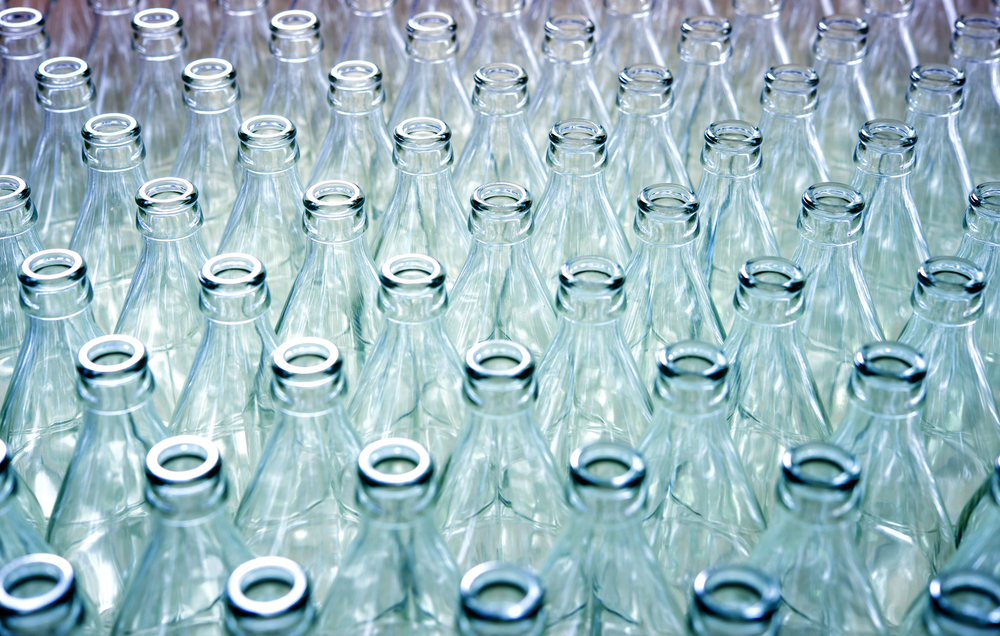The decision is a result of the conclusion of a European conference organized by CERC and the Close the Glass Loop platform. The event with the title "The Action Plan for the Circularity of Glass Packaging in Romania" took place at the Palace of the Parliament in Bucharest.
The introduction of the Deposit - Return System (DRS) in Romania at the end of November 2023, a new mechanism to collect packaging was developed, including for glass bottles.
Given the context, representatives of the national and European glass recycling and manufacturing industry, as well as other relevant actors (retailers and beverage manufacturers) united to discuss the most efficient ways to increase the collection and recycling rates for glass packaging in Romania.
Constantin Damov, President, CERC, said that "with the introduction of the DRS in Romania, we enter a new and decisive phase for the circularity of the packaging in our country, which will of course have an immediate impact on the glass packaging, as well."
As per himself, CERC will continue to collaborate with the municipalities and the organizations responsible for implementing the DRS in Romania to continue improving the collection rates for glass packaging in the waste flow.
"With a strong glass packaging manufacturing industry and a dynamic value chain, ready to reintroduce glass waste in the economy, Romania has a high potential to close the loop", he added.
The introduction of the DRS can boost collecting rate to around 250.000-300.000 tons of material per year, but this amount doesn't include the municipal waste, which could contribute with even more prime matter. Regarding the flow of municipal waste, this can include other glass objects, such as ashtrays, jars or art made of glass, which can also be recycled and reintroduced in the economy.
The participants also underlined that the recycling capacity must keep up with the collection, so that the waste can be valued and turned into new products, especially since glass, as opposed to plastic, can be recycled almost indefinitely, without losing its quality or properties.
Regarding the collection of glass in Bucharest's municipality, representatives of the General Council of Bucharest stated that each mayor from the six districts must decide how individual waste collection is taking place.
Within the six districts, the sanitization budget varies from 34 to 40 million euros, but this does not include only collecting the waste, but things such as cleaning the snow or the streets. It's important to mention that, so far, in Romania's capital city there hasn't been enough investments to develop the infrastructure required to collect the waste separately, so that recycling can take place. Only now representatives of the General Council and the town halls of each district are making the required investments to develop a more performant waste collection system.
Given the lack of proper investment in the capital's separate collection infrastructure, most of the waste collected by sanitization companies in Bucharest reach landfills, regardless of the type of waste that we talk about. Last year alone Bucharest sanitization companies took around 725.000 tons of waste to the landfills, materials that could have been valued in a way and reintroduced in the economy.
"Being a material that has permanent qualities, glass can be recycled indefinitely without losing properties. This means that, once collected, glass has an immediate value for the circular economy", said the Secretary-General of FERVER (Fédération Européenne des Recycleurs de Verre), Olivier Deweerdt.
By sharing the best practices across national platforms and promoting the initiatives on separate collection of glass waste from the residential and industrial sector, while also financially supporting high-quality glass recycling techniques into new packaging (glass to glass), Close the Glass Loop is committed to mobilize all the relevant actors to reach EU's 90% collection rate by 2030 (higher than 2021's 80,1% rate).
 Mihai - Cristian Ioniță
Mihai - Cristian Ioniță












Any thoughts?